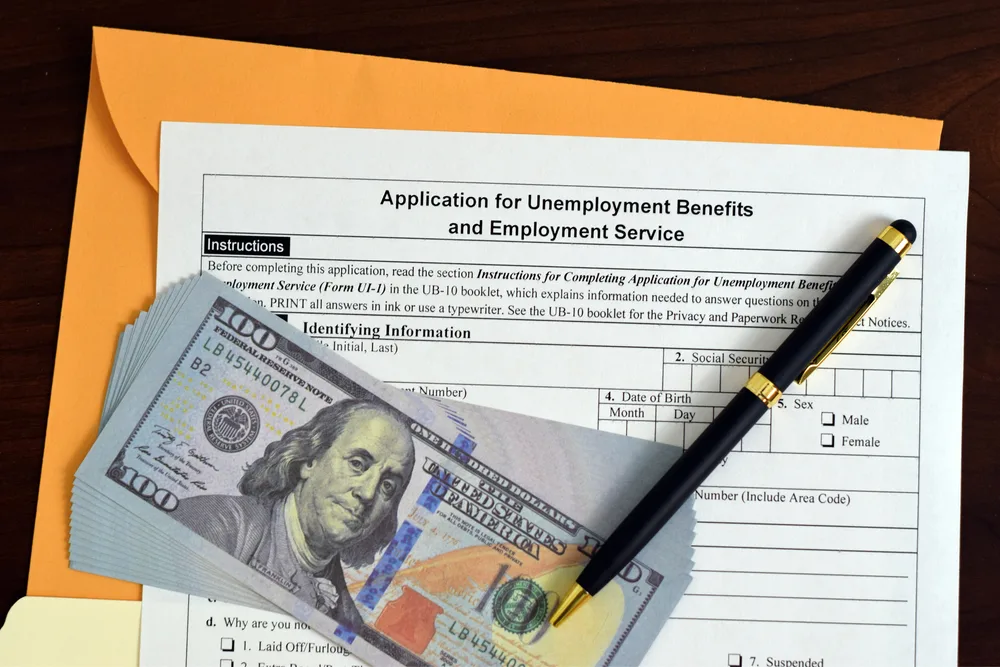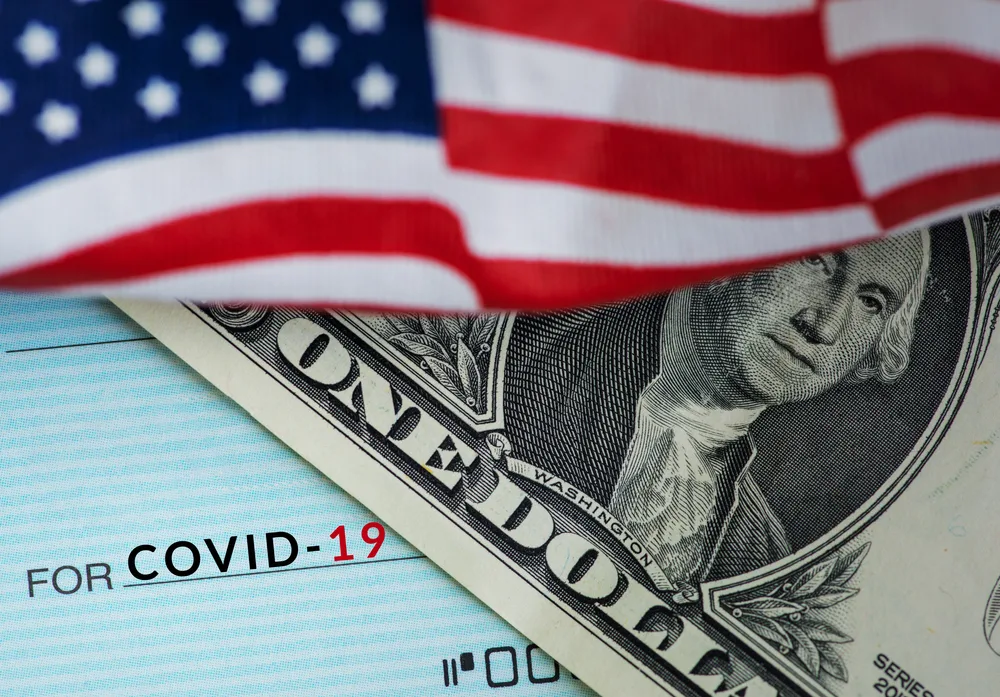
Families with limited financial means can often struggle to find reliable and affordable childcare options. When parents have little time, energy, or money to spare, it can be challenging for families to find the resources they need.
Many parents do not have access to local daycare centers or services that may be available in other communities. Luckily, there are numerous programs designed to help you afford the childcare expenses you need. These programs will assist you and your family at almost every stage of life.
There are many different types of financial assistance, ranging from cost reduction programs like tax credits, fee reduction programs like vouchers, direct services like subsidized daycare, and reimbursement programs like a grant or vouchers.
Each one serves a different purpose depending on your needs as a parent. Here are some common questions regarding this topic and suggest which program might be best for your household’s particular situation.
Who Can Benefit From These Programs?
In general, any parent or guardian who is in need of childcare assistance can benefit from these programs. There are different types of support available, depending on your situation. If you’re a single parent, a part-time worker, an hourly wage earner, an unemployed parent, a student, or a parent with a health condition, you may be eligible for these programs.
If you have children under the age of 13, then you may also be eligible to participate in some of these programs. Keep in mind that you may need to be at a certain income level in order to qualify. If your household income is below a certain threshold, you may be eligible for these programs, and also depending on your financial situation, you may be able to receive assistance for a limited time period or indefinitely.
Finding the Right Program for You
When you’re deciding which program to use, it’s essential to consider your current situation as a parent. Are you a single parent or an employed parent who struggles to find quality child care? Do you have one or more young children? Are you experiencing financial hardship? If you answered “yes” to any of these questions, then you may be eligible for childcare assistance.
While many programs are available, you’ll have to apply for each one separately. You may also need to jump through certain hoops when applying for assistance, so be sure to follow submission deadlines and meet any other necessary requirements. You may be required to attend an orientation session or submit certain documentation.
Be aware that there are many different types of assistance available, so you may be able to find multiple programs that meet your needs. If you qualify for multiple programs, you’ll have to decide which ones you’d like to use.
You may want to consider which programs are offered by your state or local municipality. You may also want to consider which programs are easiest to navigate or have the lowest application fee.
Tax Breaks for Child Care Costs
A tax break may be available to families who need to pay for childcare costs. If you’re an employed parent or a stay-at-home parent who pays for child care, you may be able to deduct the amount from your taxable income. The childcare tax credit may help you reduce your childcare expenses.
You may also be able to claim the child and dependent care tax credit if you need to pay someone to watch your kids while you’re working. Eligibility requirements vary depending on your situation, but you may be able to claim one or both credits if you can prove that you need to pay for child care. Be aware that each credit has a different annual cap.
These credits help families cover the cost of child care, and they’re available for children under 13 years old. You may be eligible for these credits if you earn a taxable income. Remember that these credits are only available for certain taxpayers based on their income level. You’ll need to check with the IRS to see if you’re eligible for any of these credits.
Fee Reductions and Vouchers
If you qualify for fee reductions or vouchers, the government may assist you with paying for childcare expenses. You may be able to receive a fee reduction if you’re a single parent, an hourly wage earner, a part-time worker, a parent who is disabled, or a parent who is enrolled in school.
Fee reductions provide you with assistance for certain childcare expenses. Vouchers, on the other hand, are awarded directly to the childcare provider. You may be eligible for vouchers if you’re a single parent, a parent who is disabled, or a parent who is enrolled in school. Depending on your situation, you may receive a one-time payment or a monthly reimbursement.
Keep in mind that you may have to pay back the government if you receive vouchers, so you may want to consider other assistance programs. Remember that you’ll need to select childcare providers participating in the voucher program.
Direct Services: Subsidized Daycare, Preschool, and After School Care
Depending on your situation, you may be able to receive direct services like subsidized daycare or after-school care. If you qualify for subsidized daycare, you may be able to receive services at a local facility. Keep in mind that subsidized daycare is usually reserved for low-income families.
If you qualify for subsidized daycare, you may be able to receive free or discounted care. You may be eligible for subsidized daycare if you’re a single parent, a parent who is disabled, or a parent who is enrolled in school. You may also be eligible if you’re a parent who is unemployed. Keep in mind that subsidized daycare is usually reserved for low-income families.
If you qualify for subsidized daycare, you may be able to receive free or discounted care. You may also be eligible for subsidies for preschool services if you live in certain areas. If you qualify for subsidized preschool, you may be able to receive free or discounted care. You may also be eligible for subsidies if you’re a single parent, a parent who is disabled, or a parent who is enrolled in school.
Repayment Assistance Programs: Vouchers, Grants, and More
Repayment assistance programs offer various types of assistance, including vouchers, grants, and in-kind payments. Vouchers are funds that you will have to repay after you receive them. Depending on the voucher program, you may have to repay the funds in installments or in a lump sum.
Keep in mind that you’ll typically have a set amount of time to repay the funds. You may also have to pay interest on the amount you owe. While vouchers are one of the most common types of repayment assistance programs, not all states offer them. Some states may offer vouchers for child care, while others may offer vouchers for other types of assistance, like health care.
If you qualify for loan assistance or vouchers, you may receive government-funded services. Some programs may also provide you with in-kind assistance, such as food and clothing. Keep in mind that you’ll need to meet certain requirements in order to qualify for these programs.
Conclusion
As we’ve seen, there are numerous programs designed to help you afford the childcare expenses you need. These programs will help you at almost every stage of life, from childhood to adolescence. There are many different types of financial assistance, ranging from tax breaks to direct services. Depending on your situation, you may be able to receive help for a limited time period or indefinitely.



